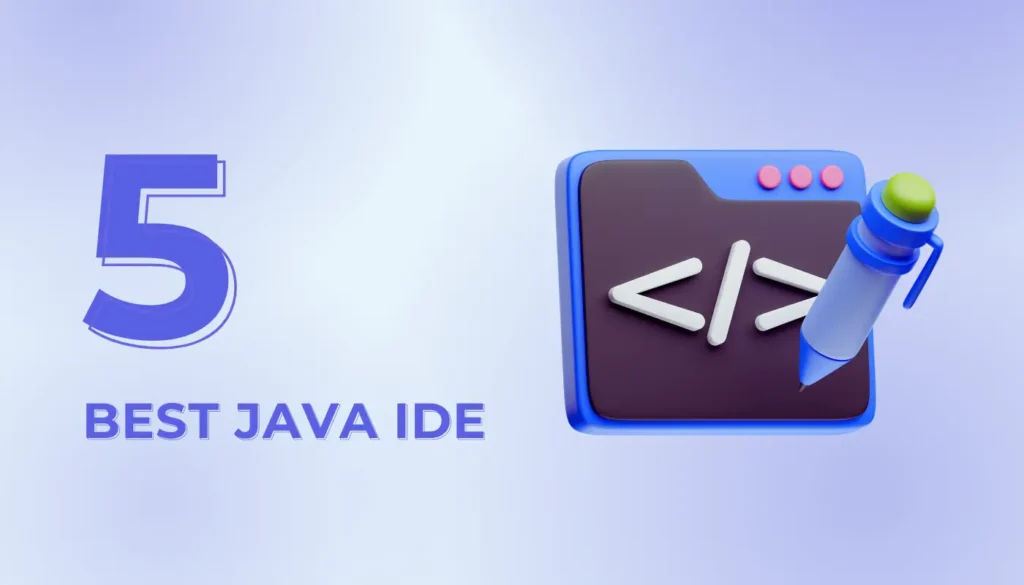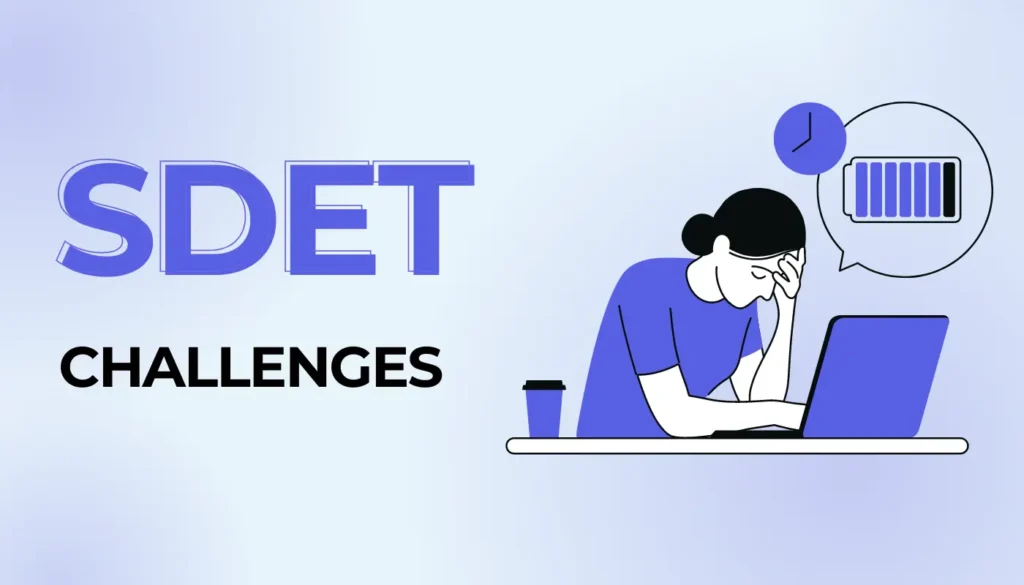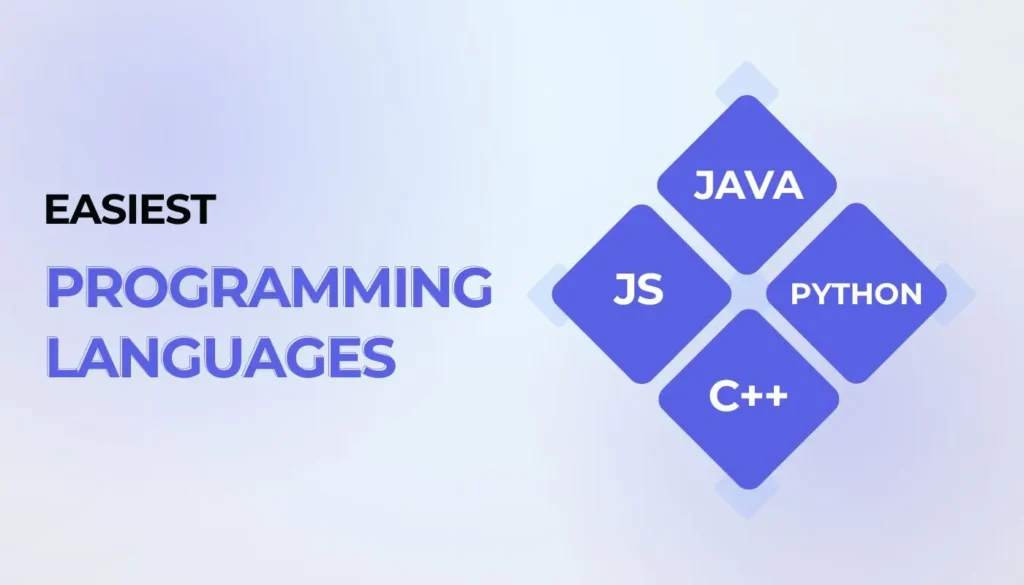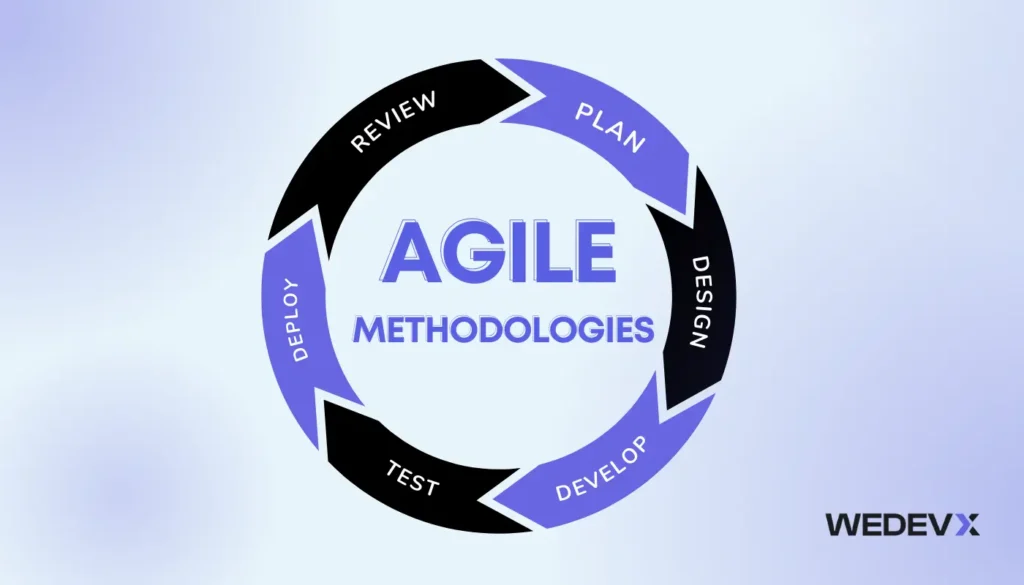It’s undoubtedly true that DevOps has already revolutionized software development’s speed, agility, and reliability. Now if we look ahead—the next decade promises even greater advancements as emerging technologies and methodologies redefine DevOps practices and strategies.
Let’s grasp some of the major DevOps trends and predictions—all backed by reputable and validated studies. But before we dive in—it’s better to get a basic idea of what is DevOps in actual.
What is DevOps?
DevOps is a set of practices that “combines software development (Dev) and IT operations (Ops). Just to shorten the software development life cycle and provide continuous delivery with high software quality. It’s not just for faster development and deployment. In fact, it embodies a culture of collaboration between teams that had been functionally individually since ages.
It’s important to understand that—DevOps:
- encourages the merging of code changes into a central repository—just to help identify and address bugs quickly.
- leverages automation to streamline the software development and deployment process.
- emphasizes the need for developers, operations teams, and other stakeholders to collaborate closely throughout the entire software lifecycle.
- focuses on adjusting and evolving software solutions rapidly in response to customer feedback, market changes, etc.
Major DevOps Trends in 2024 and Beyond
After thoroughly analyzing a wide range of resources—we have gathered the following insights about major DevOps trends you’ll see on rise till the next decade:
Increased Adoption of Automation

Rise of GitOps
GitOps is gaining traction day by day. It’s basically an operational framework that takes DevOps best practices used for application development such as version control, collaboration, compliance, and CI/CD, and applies them to infrastructure automation. It ensures a more consistent and reliable environment—all by using Git as a single source of truth.

Integration of AI and Machine Learning
AI and ML are increasingly integrated into DevOps. Just to predict potential issues, optimize processes, and enhance decision-making in real time. This integration—often referred to as AIOps—helps to analyze data and manage operations more efficiently.

Shift to DevSecOps
Security is becoming an even more integral part of the development lifecycle with the rise of DevSecOps. Various security practices and tools are integrated into the DevOps process from the start—rather than as an afterthought. It aims to enhance security compliance and reduce vulnerabilities in the first place.

Don't know where to start your tech career?
We are here for you! Schedule a free call with our consultant for personalized advice on achieving your learning goals
Serverless Architectures
Containerization and Kubernetes

Microservices Architecture
Hybrid and Multi-cloud Strategies
Focus on Observability and Monitoring
Sustainability in DevOps
Platform Engineering
Expansion of DevOps to the Edge
Any Predictions About DevOps for Next Decade?
- Security will become a fundamental component of the development process rather than an afterthought. By 2030, it’s predicted that over 90% of software development projects will integrate security practices throughout their lifecycle.
- Serverless computing will dominate, driven by the need for scalability and cost efficiency. The serverless computing market is expected to grow by 20% annually. All while reaching $30 billion by 2025. It will continue expanding as organizations aim to minimize operational complexities.
- By 2030, AIOps will be a standard practice, with over 70% of medium to large enterprises automating their IT operations. All for enhanced performance monitoring and predictive analytics. This will significantly reduce downtime and operational costs.
- By the late 2030s, about 30% of large enterprises will have adopted NoOps in some form. Just to focus development efforts solely on innovation.
- DaaS will emerge as a preferred model for many companies, particularly SMEs. Just to implement DevOps without the overhead of an in-house team. By 2030, DaaS is likely to account for 35% of all DevOps implementations in cloud-native environments.
- GitOps will become essential for cloud-native and multi-cloud environments to manage complex deployments and ensure consistency across distributed systems. We can say that by the end of the decade, 80% of enterprises using Kubernetes will adopt GitOps practices.
- DevOps tools that facilitate seamless integration across various cloud platforms will be crucial—with over 65% of businesses adopting it by 2030.
- The shift towards microservices architecture will continue as businesses seek to enhance agility and speed of delivery. It is estimated that microservices will underpin 85% of new enterprise application developments by 2030.
- Quantitative metrics and KPIs will become more refined to measure DevOps success accurately. All while focusing on deployment frequency, change failure rate, and recovery timelines.
The focus on DevOps certification and training will also increase and become integral to IT jobs by 2030. All with a projected 50% increase in certified professionals.
Final Words
DevOps is indeed rapidly evolving—with significant trends like DevSecOps, serverless computing, and AI-driven automation shaping its future. As per the Harvard Business Review—a majority of global organizations acknowledge the critical role of DevOps. That’s the reason why they are effectively implementing DevOps practices. Interestingly—the market is projected to grow significantly—reaching $24.71 billion by 2027.
Now if we talk about rising trends and predictions for the next decade—then it is worth noting that security is becoming integral through DevSecOps. Concurrently, the adoption of serverless computing and microservices is enhancing agility and reducing infrastructure burdens. Also—DevOps is very likely to fully leverage AI and machine learning to automate complex processes and optimize operations. This means we’ll see technologies like NoOps and GitOps simplifying and streamlining workflows across diverse environments.
As DevOps continues to integrate into various sectors—it promises enhanced automation, agility, and the democratization of operational efficiency. All just to steer enterprises towards a more technologically empowered future.
Frequently Asked Questions
What are the most important trends expected to shape DevOps over the next decade?
Over the next ten years, major trends in DevOps will include the widespread adoption of DevSecOps, the integration of Artificial Intelligence and Machine Learning in operational processes (AIOps), increased reliance on serverless architectures, and the expansion of Infrastructure as Code (IaC). All these trends aim to enhance automation, improve security, and increase the flexibility of software development and operations.
How will the adoption of cloud technologies influence DevOps strategies?
Cloud technologies will keep playing an important role in DevOps. All by providing scalable and flexible resources that support DevOps practices like automation and continuous delivery. It is very likely that cloud-native tools and services will become fundamental to DevOps strategies. Just to enable more robust, scalable, and fault-tolerant systems.
What challenges can impede the progress of DevOps in 2024 and beyond?
There can be various challenges in DevOps impementations—such as resistance to cultural change within organizations, skill gaps in the workforce, and integration complexities with legacy systems. It’s crucial for organizations to overcome such challenges in order to fully leverage the benefits of DevOps practices in 2024 and beyond.
How will the need for DevOps skills evolve in the job market?
Well, as organizations adopt DevOps practices, the demand for skilled DevOps professionals will also keep growing. We can say that skills in areas such as automation, cloud infrastructure, and security will be highly sought after.
What is the predicted future of DevOps in non-tech industries?
DevOps will increasingly be adopted by non-tech industries such as finance, healthcare, and manufacturing as these sectors recognize the benefits of rapid, reliable software delivery. This adoption will drive efficiency, enhance product quality, and improve customer satisfaction across a broader range of industries.











